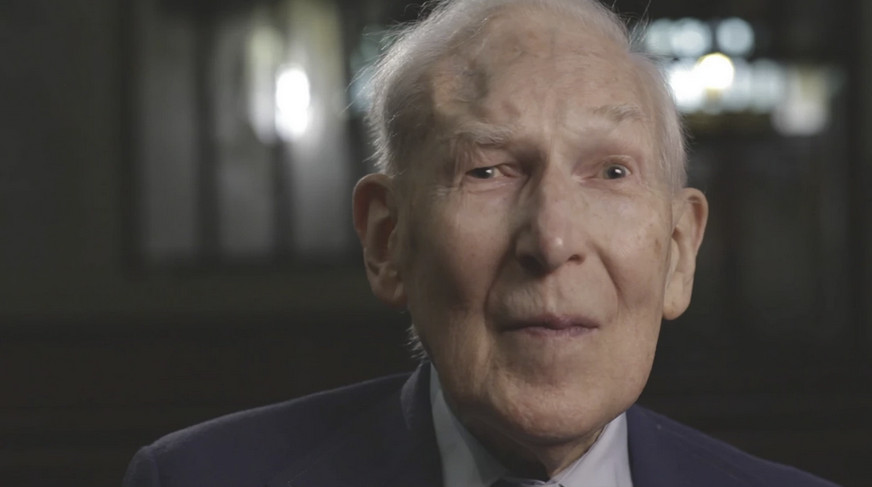There’s not much I have to say about this. Other than, “it’s best not to have heroes.”
Read it all here:
Ravi Zacharias International Ministries needs to rebuild trust, rebrand and consider reparations for victims of the evangelist and apologist it is named after. A series of allegations about Zacharias has only grown since his death this year, involving his interactions with women employees at a spa company he invested in. Earlier cases involved sexting, with new information coming at the time of his death, and exaggerated credentials.
So writes Dr. Max Baker-Hytch, a senior tutor with RZIM’s OCCA The Oxford Centre for Christian Apologetics and a lecturer at Wycliffe Hall – a private hall of the University of Oxford – in a five-page letter in which he outlines a poor response to each of these scandals. The letter, which was first reported by blogger/journalist Julie Roys, details that:
RZIM had a slow response to the credential scandal which he investigated internally. Warren Throckmorton, Psychologist, Professor and blogger uncovered this issue of the inappropriate use of the title Doctor and claims to have lectured at Oxford University According to Baker-Hytch RZIM exhibited “slowness and reluctance to set the public record straight, which finally happened only after a great amount of external pressure was brought to bear on the issue.” He adds the the RZIM foot dragging on this issue was “a source of embarrassment for me as an academic.”.
On the sexting scandal, according to Roys, Baker-Hytch asserts that “RZIM President Michael Ramsden stated in a December 4, 2017, all-staff update that ‘no money had changed hands between Ravi and the Thompsons [the couple involved].’”
“But in September 2020, Baker-Hytch says he learned that Zacharias paid the Thompsons $250,000 as part of the 2017 settlement of the apologist’s lawsuit against the couple.” He recounts other gaps in the RZIM narratives of the issue.
Strike three for Baker-Hytch was the emergence of the ‘spa story’. Steve Baughman, a long time investigator of Zacharias, gave the story to Christianity Today, which did an intensive investigation showing sexual misconduct by Zacharias at the spa. (Eternity gave more details in our earlier story.) Baker-Hytch says that comments by RZIM leaders undermined the credibility of the witnesses including an allegation they had been coached.
The letter inches a plea for RZIM to offer a wholehearted apology to Zacharias’ spa victims should their testimony be confirmed. He calls for “meaningful reparations” to these women. And says that RZIM should set up a support group that any further victims could come forward to.



 In the continuing assault on objective reality, just as gender is now determined by feelings rather than chromosomes,
In the continuing assault on objective reality, just as gender is now determined by feelings rather than chromosomes, 